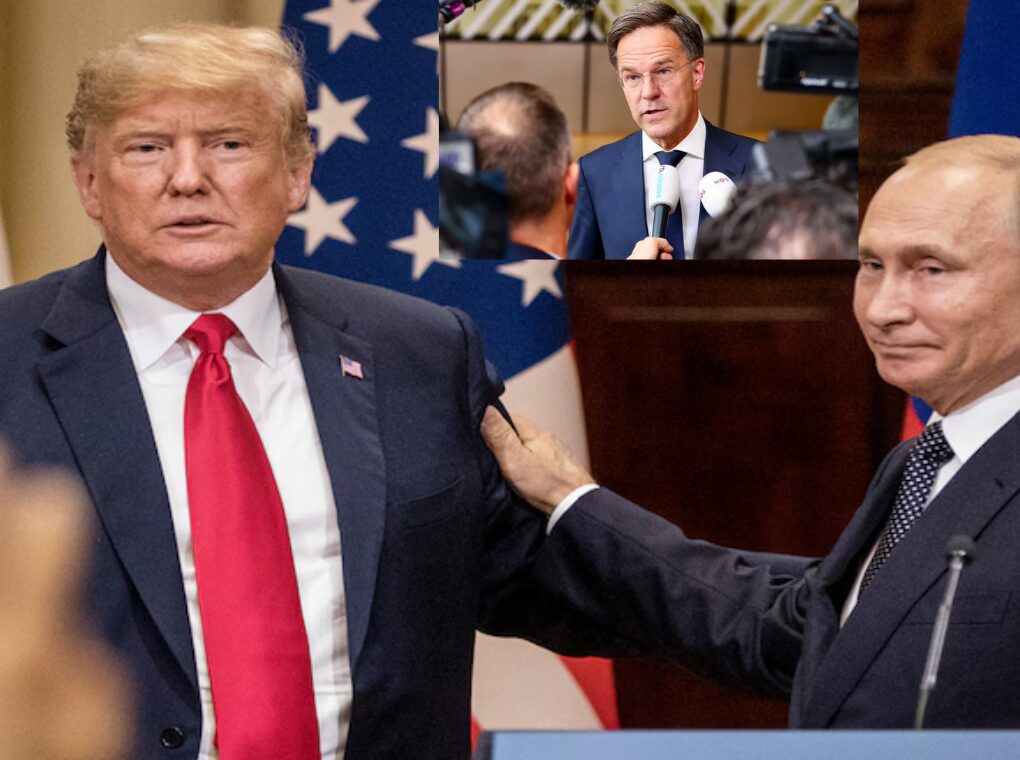On August 15, U.S. President Donald J. Trump and Russian President Vladimir V. Putin will meet in Alaska for their first face-to-face talks since Trump’s return to the White House earlier this year — and the first ever between the two leaders on American soil.
Officially, the meeting aims to broker a ceasefire in the three-and-a-half-year war between Russia and Ukraine. But in Alaska, a state with deep Russian heritage and strategic Arctic importance, the summit is stirring a complex mix of pride, suspicion, and political calculation.
Historic Roots, Modern Tensions
Alaska’s Russian connections date back to the 18th century, when the Russian Empire colonized parts of the region. The U.S. purchase of Alaska in 1867 did not erase those ties; Russian-speaking enclaves, Orthodox churches with iconic onion domes, and family connections across the Bering Strait remained.
For much of the 20th century — and especially after the Cold War — Alaska nurtured its role as a neutral bridge between East and West. Sister-city programs linked Anchorage with Magadan and Juneau with Vladivostok. Scientific, educational, and cultural exchanges flourished.
That goodwill began to unravel under Putin’s leadership in the early 2000s, and Russia’s 2022 invasion of Ukraine accelerated the collapse. Anchorage ended its decades-long sister-city partnership with Magadan in 2023. Today, many Alaskans view Moscow through the lens of war and geopolitical rivalry, overshadowing cultural connections.
Why Alaska? Strategic, Symbolic, and Legal Reasons
Alaska’s selection as the summit venue is not accidental. The state lies just 55 miles from Russia at its closest point across the Bering Strait. It has long been a strategic military front line — from Cold War missile defenses to present-day Arctic policy debates.
The choice also sidesteps a legal headache: Putin is under an International Criminal Court arrest warrant for alleged war crimes in Ukraine. Were he to visit any ICC member state, authorities would be obliged to detain him. The United States is not an ICC member and does not recognize its jurisdiction, making Alaska a safe option for the Kremlin.
Past Kremlin proposals had floated neutral venues such as the United Arab Emirates, but Trump insisted on hosting the talks in the United States — with Alaska providing a geographically convenient, politically symbolic, and legally protected setting.
What’s at Stake in the Talks
Trump has hinted that any ceasefire agreement could involve a “swap of some territories,” a remark that immediately raised alarms in Kyiv. Ukrainian President Volodymyr Zelensky reiterated that his country’s constitution forbids ceding land to an occupying power: “The Ukrainian people will not gift their land to the occupiers.”
Putin’s aides have framed the summit as an exploration of “long-term peaceful solutions.” Analysts caution, however, that concessions on Ukrainian territory could fracture Western unity, even if they stop the fighting.
NATO Secretary General Mark Rutte added a note of caution, stating that the meeting will be a “test for Putin” and that “no peace agreement will be signed on that day.” His remarks highlight skepticism among Western allies about the likelihood of an immediate breakthrough.
Local Reactions: Hope, Wariness, and Indifference
In Alaska, responses split along political lines. Republican Governor Mike Dunleavy welcomed the summit as proof that Alaska remains “a gateway for diplomacy, commerce, and security in one of the most important places on the planet.” Senator Lisa Murkowski, a Republican moderate, called negotiation a “necessary option” but voiced deep distrust of Putin.
Democrats have been more skeptical. Alaska Democratic Party chairman Eric Croft accused Trump of “spotlighting his failure to end the war when he promised he would do so from day one.”
For many ordinary Alaskans, the global stage matters less than day-to-day challenges such as inflation, healthcare funding, and the state’s resource-driven economy.
Balancing Symbolism and Substance
The summit promises to put Alaska in the global spotlight, reviving its identity as a crossroads between Russia and America. But it also highlights how that identity has changed — from a cultural bridge to a geopolitical fault line.
For some, the meeting offers a genuine chance for peace. For others, it’s a reminder that the bonds linking Alaska and Russia may have been severed by 21st-century geopolitics. Whatever the outcome, August 15 will mark another chapter in Alaska’s long, complicated history as America’s front porch to Russia — and now, potentially, the place where a war might end.
